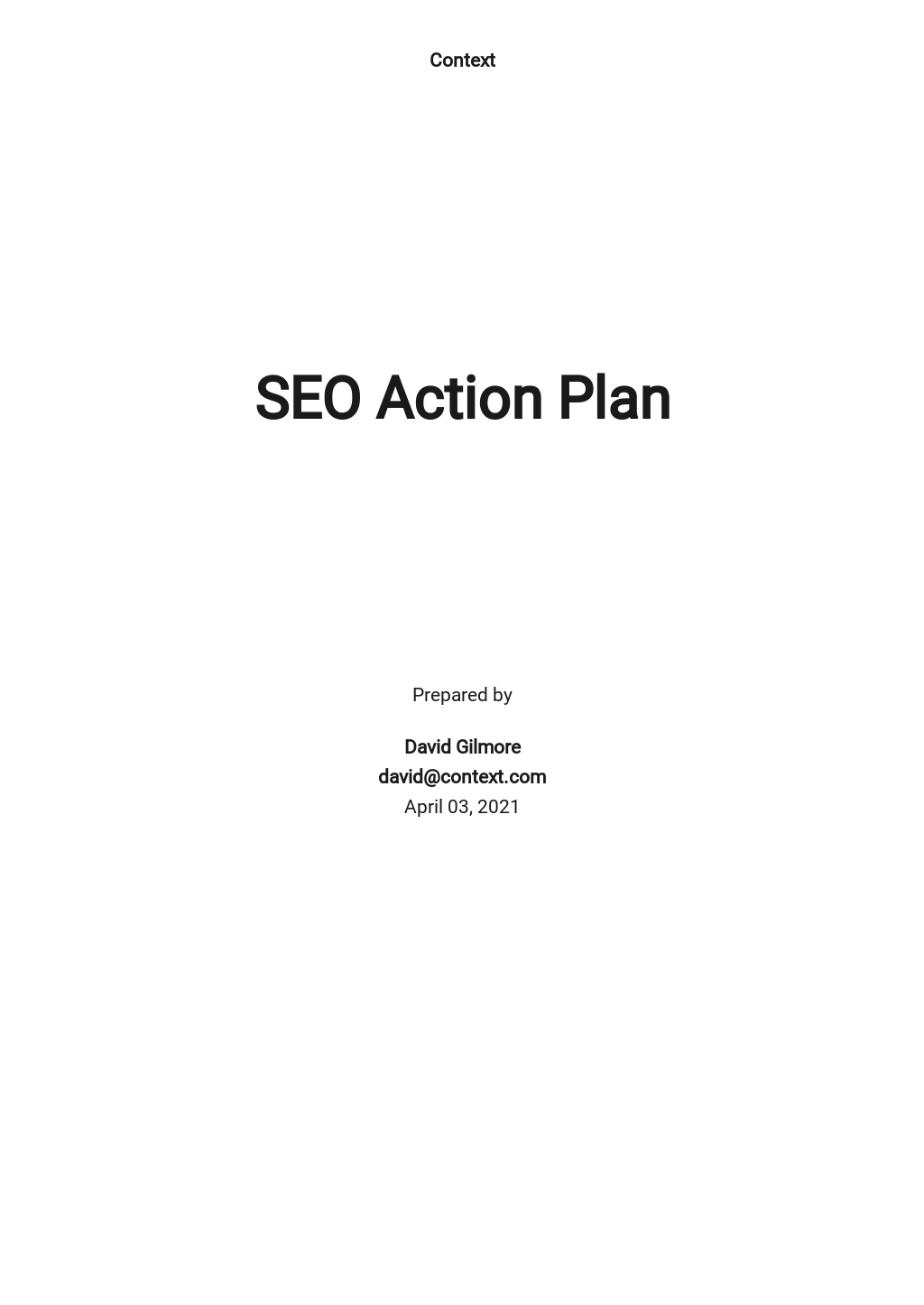Search Engine Optimization (SEO) is crucial for any website looking to improve its online visibility and attract more organic traffic. Developing a comprehensive SEO plan is essential for achieving long-term success in digital marketing.
Before diving into the specifics of an SEO plan, it’s important to understand the key components that make up a successful strategy. These components include keyword research, content optimization, on-page and off-page SEO, technical SEO, and monitoring and analysis.
SEO Plan Template
1. Keyword Research: Start by identifying relevant keywords that your target audience is using to search for products or services similar to yours. Use tools like Google Keyword Planner or SEMrush to find high-volume keywords with low competition.
2. Content Optimization: Create high-quality, engaging content that incorporates your target keywords naturally. Optimize meta titles, descriptions, headings, and image alt text to improve your website’s visibility in search engine results pages (SERPs).
3. On-Page and Off-Page SEO: Optimize your website’s on-page elements such as URLs, internal linking, and site structure to improve user experience and search engine rankings. Implement off-page SEO strategies like link building and social media marketing to increase your website’s authority and credibility.
4. Technical SEO: Ensure that your website is technically sound by optimizing page speed, mobile responsiveness, and site security. Fix any crawl errors, broken links, or duplicate content that may hinder your website’s performance in search results.
5. Monitoring and Analysis: Regularly monitor your website’s performance using tools like Google Analytics and Google Search Console. Track key metrics such as organic traffic, keyword rankings, bounce rate, and conversion rate to measure the effectiveness of your SEO efforts and make data-driven decisions for improvement.
In conclusion, developing a well-defined SEO plan template is essential for improving your website’s search engine visibility and driving organic traffic. By following the key components of keyword research, content optimization, on-page and off-page SEO, technical SEO, and monitoring and analysis, you can create a successful SEO strategy that helps you achieve your digital marketing goals.
